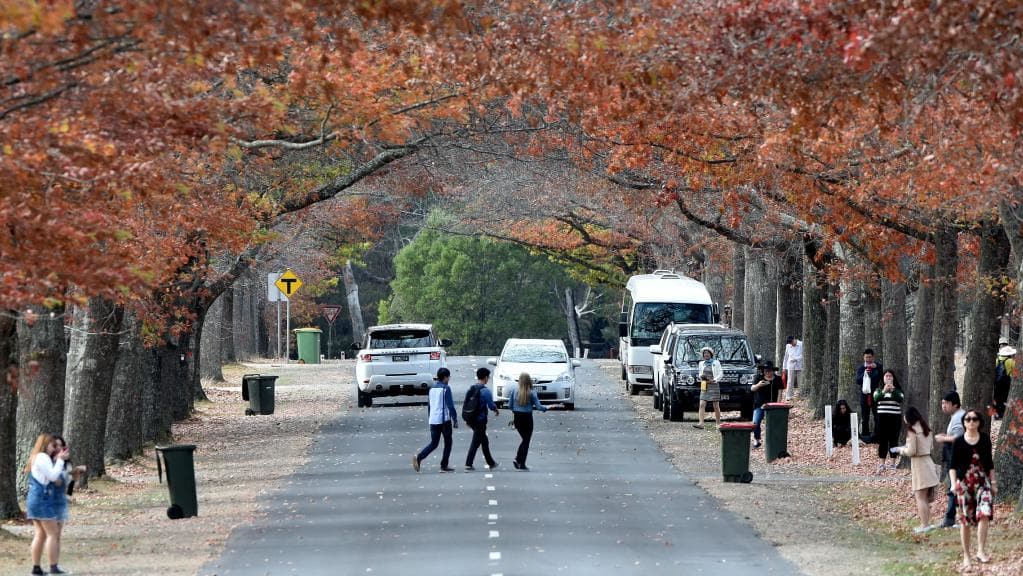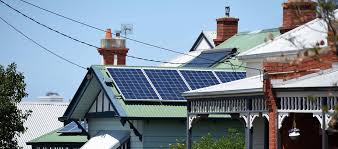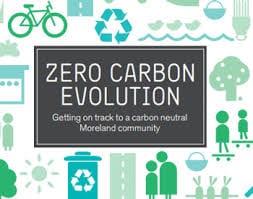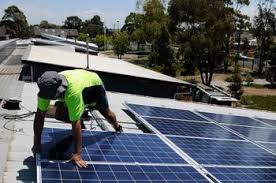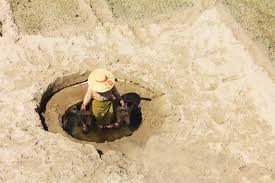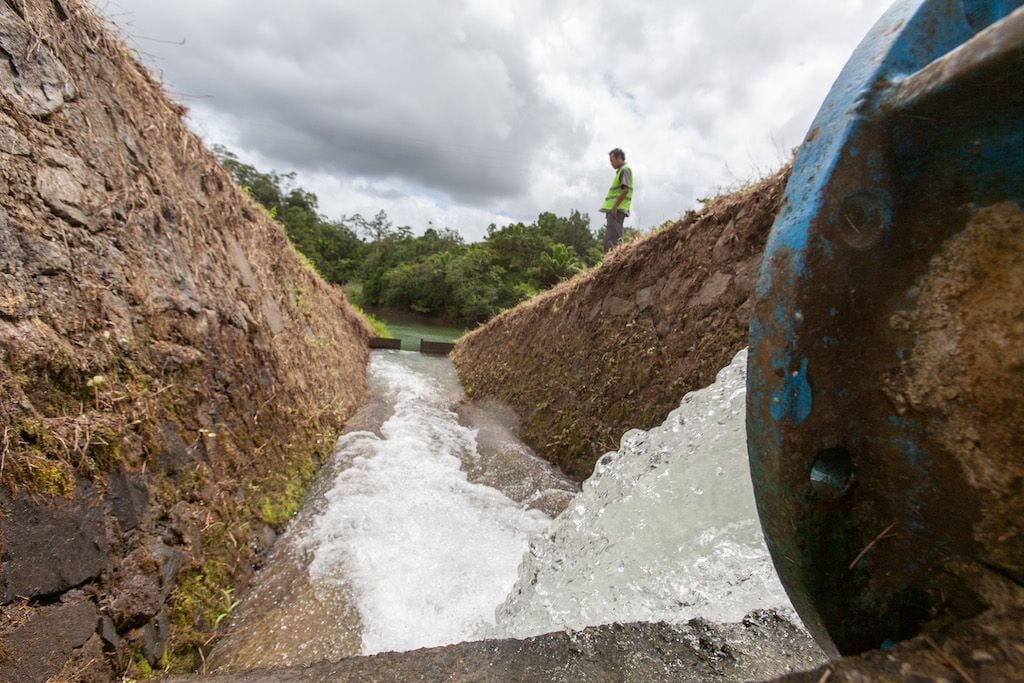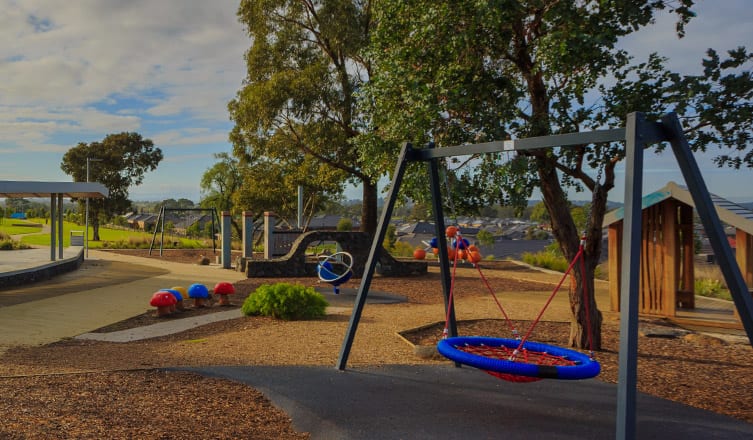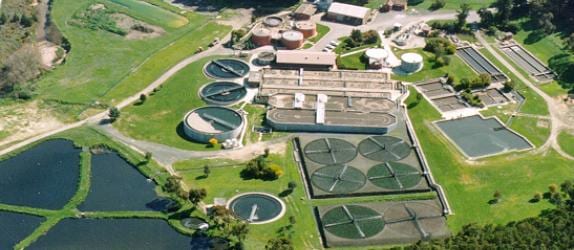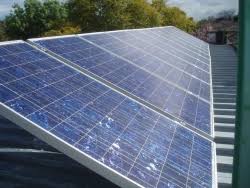Project title: Waste Transfer Stations
Project aim To investigate the feasibility of the development of an ideal transfer station at a specific location. Key issues to resolve are increased recycling and overall reduction in waste to landfill, consideration of occupational health and safety issue requirements and future growth as given on Macedon Ranges Shore Council (MRSC) population statistics. The project will also examine some design options for renewal of two existing sites at Woodend and Kyneton, following current standards and allowing future improvements around recycling.
Industry partner Macedon Ranges Shire Council (MRSC)
Macedon Ranges Shire Council coordinate community projects with community partners to enhance the look and use of public spaces such as parks, town centres, public land and community buildings. Projects are chosen from community plans, which are developed in the townships by local community members. Council works with local community representatives to ensure the design of any upgrades reflects the community’s views.
